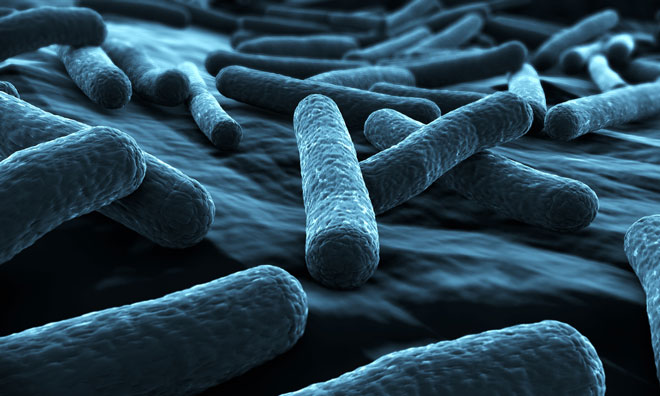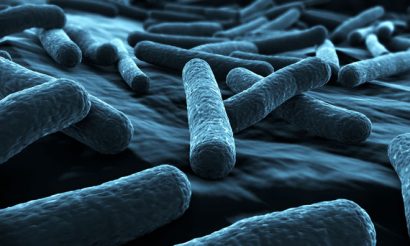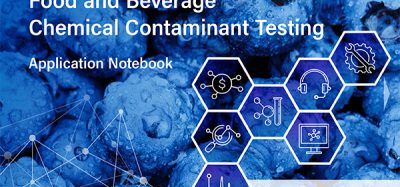Food Standards Scotland investigating the E. coli O157 outbreak as child dies
- Like
- Digg
- Del
- Tumblr
- VKontakte
- Buffer
- Love This
- Odnoklassniki
- Meneame
- Blogger
- Amazon
- Yahoo Mail
- Gmail
- AOL
- Newsvine
- HackerNews
- Evernote
- MySpace
- Mail.ru
- Viadeo
- Line
- Comments
- Yummly
- SMS
- Viber
- Telegram
- Subscribe
- Skype
- Facebook Messenger
- Kakao
- LiveJournal
- Yammer
- Edgar
- Fintel
- Mix
- Instapaper
- Copy Link
Posted: 7 September 2016 | Roy Manuell, Digital Content Producer | No comments yet
Food Standards Scotland (FSS) has been part of a multi-agency Incident Management Team (IMT), chaired by Health Protection Scotland, which has been investigating an outbreak of E.coli O157 in Scotland…


Food Standards Scotland (FSS) has been part of a multi-agency Incident Management Team (IMT), chaired by Health Protection Scotland, which has been investigating an outbreak of E. coli O157 in Scotland.


This strand is one of a group of harmful bacteria known as Shiga toxin E. coli or STEC and has resulted in the death of a child.
FSS has acted as part of a multi-agency team which has not been drawn into the public speculation and debate that the outbreak has generated. The IMT has focused on investigating the outbreak and its priority throughout has been public safety, and all decisions and actions have been taken on that basis.
During the outbreak, two batches of Dunsyre Cheese were implicated based on epidemiological evidence, and voluntarily recalled from sale by Errington Cheese Ltd on 28 July 2016. There have been 20 cases of illness resulting from this outbreak, 11 of which required hospitalisation, and of course, sadly, one fatality has occurred.
As of 5 September 2016, the IMT has declared this outbreak to be over and the IMT, in accordance with procedure, has now stood down. FSS, working with South Lanarkshire Council, is now continuing its food safety investigations.
FSS’s statutory duty is to protect public health. FSS fully recognises the importance of the food sector to Scotland’s economy. It is a flourishing sector and a key of ensuring that what is being produced is safe and fit for human consumption. One of the key objectives of FSS, as set out in its recently published Strategy to 2021 – Shaping Scotland’s Food Future, is to enable responsible businesses to flourish. Proportionality is always a key part of FSS’s considerations and the guarantee of fairness to businesses while also ensuring that consumers are given information upon which they can choose to act.
FSS has, during the course of the investigation, issued one public recall information notice following Errington Cheese Ltd’s voluntary recall. This is a standard practice that happens on a regular basis, as can be seen from other product recalls publicised on FSS’s website.
It is the legal responsibility of food businesses to produce safe food. Food businesses are required to take all reasonable steps to ensure that all hazards and risks are identified in the production of their products and that the food they produce is safe. Those reasonable steps need to be taken before any product is placed on the market. It remains the responsibility of all food businesses to ensure that appropriate measures are taken to prevent contamination and ensure the food they place on the market is safe to eat.
FSS fully recognise the importance of the food sector to Scotland’s economy.
Pasteurisation significantly reduces harmful bacteria including STEC, and that is why FSS advice to vulnerable groups including pregnant women, children and the elderly emphasises that these groups should avoid the consumption of raw, unpasteurised milk and dairy products such as cheese made from unpasteurised milk, due to the increased risk of food poisoning. Raw milk is classed as a high risk food because it is not pasteurised.
The focus of effort for FSS and South Lanarkshire Council for the time being is on ensuring that all appropriate controls are in place to protect the safety of consumers. Actions will continue to be determined by what is necessary to protect public health and the interests of consumers.







